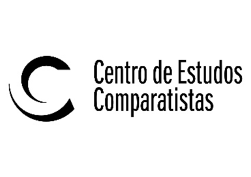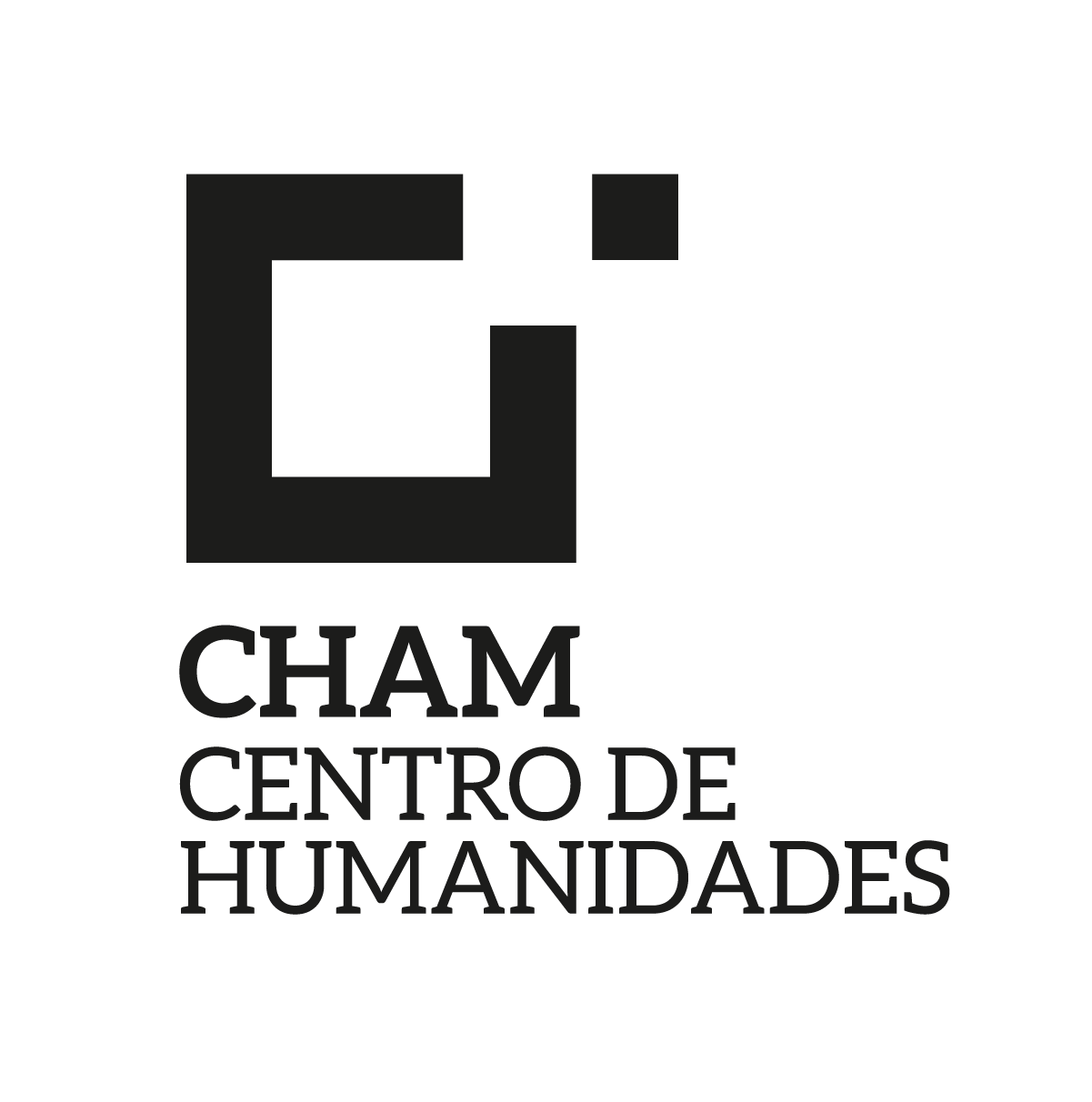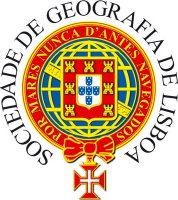TECOP – Texts and Contexts of Portuguese Orientalism International Congresses of Orientalists (1873-1973)
Funded by the national research council (Fundação para a Ciência e a Tecnologia), the TECOP project focuses on the study of Portuguese Orientalism within a comparative and interdisciplinary framework. It seeks to give visibility to Portuguese orientalists who have participated in International Orientalist Congresses and to reconstruct the cultural, intellectual, and/or scientific networks they formed through their participation in those Congresses as well as the scientific societies that supported them. Between 1873 and 1973, there were officially twenty-nine meetings in twenty-four European cities and five outside Europe, bringing together researchers from across the continents to debate the Oriental studies conducted in Europe and USA. The scant critical literature on these Congresses and particularly the absence of Portugal from the historiographical discourse on these events show that this issue has been relegated to the margins. In Portugal, Portuguese orientalism as a curricular and research area is a recent phenomenon, and the outputs to be achieved through this project will contribute to its development. The importation and production of knowledge which has supported Portuguese Orientalism, as well as the impact of the cultural, intellectual, and/or scientific networks established by Portuguese orientalists, has still to be examined. It is necessary to clarify their institutional affiliations and how these have influenced the textual production of the orientalist participants in the Congresses, thus shaping the theoretical, aesthetic, and ideological framework of Portuguese Orientalism. In an innovative research line, we propose to shift this issue from the periphery to the centre of the academic debate and thus contribute to the reconfiguration of the knowledge produced by European orientalist intellectuals, of whom the Portuguese are part. At the same time, we aim to fill gaps in its comprehension and history, and recover the key role played by Portugal down the ages with regard to oriental studies. The project began on July 1, 2016, and was funded until September 30, 2019.
The website/database
The present website/database is one of the main outputs of the TECOP project. It has been set up as a work tool guaranteeing digital access to the orientalist heritage (academic, intellectual, scientific, literary, bibliographical) produced by agents of Portuguese culture and/or who belong to Portuguese cultural, academic, intellectual, and scientific circles. It is one of the main vehicles for disseminating the research that has been carried out, by providing access to the materials that have been collected while fulfilling the project’s goals. At the same time, it systematizes the information gathered and provides partial analyses of that data.
Research team
Marta Pacheco Pinto (Principal Investigator)
Ana Paula Avelar
Ana Paula Laborinho
Bruno Béu (01-07-2016 to 20-08-2018)
Catarina Nunes de Almeida
Duarte Drumond Braga
Everton V. Machado
Alexandra Nepomuceno (research assistant, 12-09-2016 to 11-01-2018)
Catarina Severino (research assistant, 01-09-2017 to 31-12-2018)
Marisa C. Gaspar (research assistant, 01-10-2016 to 31-08-2017)
Project consultants
Filipa Lowndes Vicente (Institute of Social Sciences, University of Lisbon)
Jean-Pierre Dubost (Université Blaise Pascal)
Kenneth David Jackson (University of Yale)
Rosa Maria Perez (ISCTE – University Institute of Lisbon)
Collaborators
Ariadne Nunes (Institute for Traditional Literature Studies, New University of Lisbon)
Catarina Apolinário de Almeida (University of Lisbon Centre for History)
Marta Rosa (Centre for Theatre Studies, University of Lisbon)
Rita Delgado Martins (Centre for Theatre Studies, University of Lisbon)
Host institution

Partner institutions


This research project is supported by the Portuguese Foundation for Science and Technology, I.P., within “Projeto 3599 – Promover a Produção Científica, o Desenvolvimento Tecnológico e a Inovação – Não Cofinanciada” (PTDC/CPC-CMP/0398/2014).
